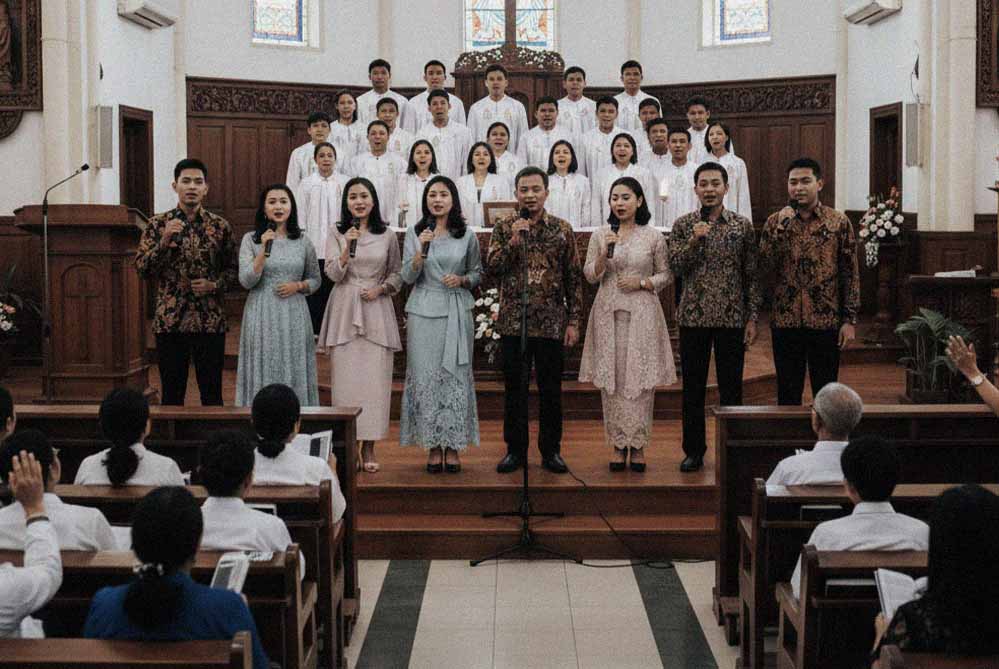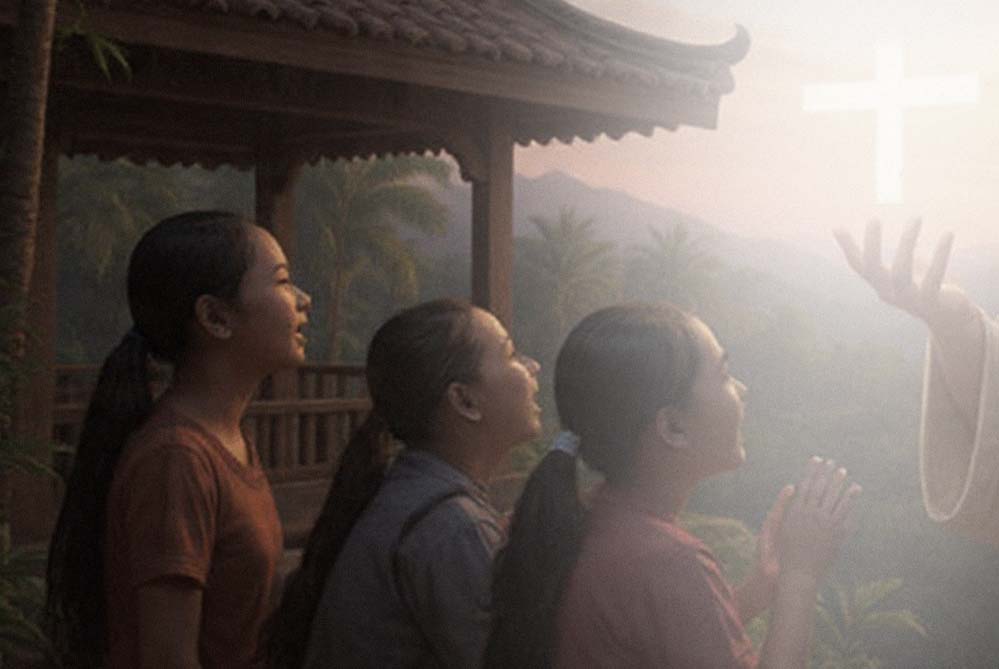After a long lament at the beginning, Psalm 102 suddenly changes tone. From the weak and fragile "I", the psalmist's voice now looks to the "You" who are eternal and all-powerful. "But You, O LORD, reign forever, and Your name is remembered throughout all generations." There is a shift from a fractured sense of self to a full awareness of God. This is where hope is born, not from improved circumstances, but from a change in perspective.
The psalmist sees a God who rises to love Zion, a God who hears the prayers of the oppressed. The center of the psalm is no longer human suffering, but God's action in history. In a prophetic tone, he looks to the generations to come, “Let this be written for future generations, so that the people who are created will praise the LORD. ” (verse 19). This prayer evolves from a personal lament to a collective song. Individual suffering finds its meaning in God's work that transcends time. This change illustrates the shift from alienation to transcendence (transcending self and situation to find meaning rooted in God's presence). The psalmist realized that though his life was short, he was part of a bigger story. He looked at the heavens and the earth that would pass away, but God remained the same. In that realization, he found.
Friends of the Bible, true hope is not about waiting for things to get better, but daring to trust in God's unseen faithfulness. Hope is not mere psychological optimism, but an act of faith. When the psalmist said, "The descendants of your servants will dwell in peace," it was his testimony that God's work crosses generations. Living out hope means living with the realization that we are part of something bigger than ourselves. That beyond struggle and mortality, there is a God who remains enthroned. Hope is not an illusion to mask pain, but rather a space where we learn to trust that God's love never wears out, even as the world changes.

























